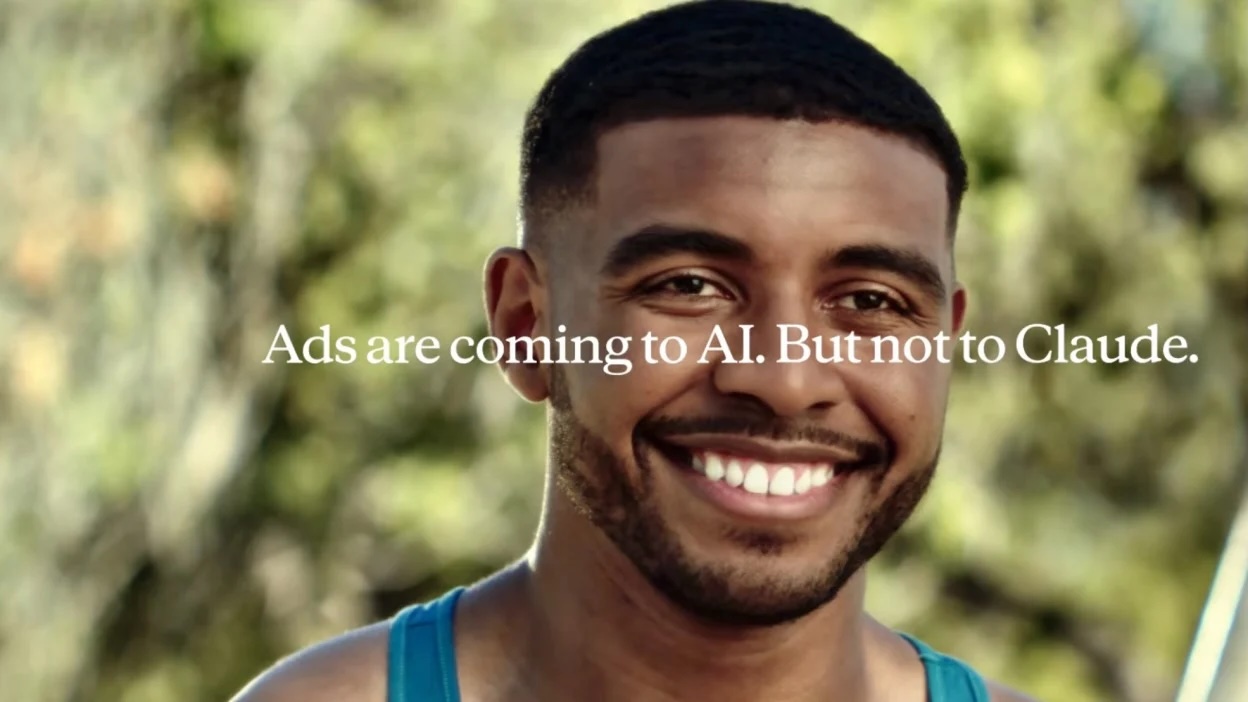Artificial intelligence, social media, brand online visibility… American research firm Gartner has just released a report on the influence of technological advancements in the field of marketing and the major upcoming trends for 2024 and beyond. Here’s a summary.
Trend #1: Artificial intelligence will not reduce but increase the costs of creative talent
For many observers, the emergence of generative artificial intelligence, symbolized by the almost immediate success of ChatGPT, signals a turning point in history: for once, it is not blue-collar workers but white-collar workers who would be the main victims of this innovation.
A prediction challenged by Gartner, as by 2026, 80% of creative professions will be tasked with leveraging Generative AI to achieve better results… which will compel marketing managers to spend more on these talents! At a time when over half of marketing teams use AI for campaign creation, Gartner predicts an increasing need for strategic human approaches to develop new creative concepts.
Trend #2: The gradual decline of social media
A deterioration in the perception of social media quality will lead to a significant limitation of their use by half of their users by 2025.
The verdict is radical for Gartner. Indeed, according to the firm, more than half (53%) of social media platform users believe that the quality has significantly declined in recent years, citing misinformation, toxic behaviors, or fake accounts. A trend that is unlikely to reverse with the potential of generative AI.
The solution according to Gartner? Develop more direct links with the audience, particularly through loyalty programs.
Trend #3: Not using AI, a future distinguishing factor for brands
A prediction that seems, once again, counterintuitive at a time when all organizations are trying to find use cases to leverage the benefits of generative AI.
By 2027, 20% of brands will base their positioning and differentiation on the absence of AI in their activities and products, according to Gartner.
Indeed, 72% of consumers find that AI-based solutions generate false or incomplete information, not to mention issues of bias, discrimination, or security risks. The report speaks of an “acoustic” brand, one that acknowledges and communicates openness about their lack of AI usage.
“AI has amplified consumer concerns about authenticity, transparency, and trust in brands,” assures Chris Ross, Gartner’s VP Analyst.
Trend #4: AI will reduce brand visibility in search engine results
This is the major concern behind Google’s SGE (Search Generative Experience) project. Indeed, the Mountain View firm is working on a new search experience based on generative AI. In essence, it would transform the famous search bar into a conversational interface that provides users with answers in natural language… and thus lessens the inclination to click on external links. While not a new trend, it would gain greater momentum.
For Gartner, this would result in a decrease in organic traffic for brands of at least 50% by 2028. Given that users, according to surveys, seem to prefer this new interactive and personalized search experience. The decline in organic traffic would already be visible according to the report.
“Search is at an inflection point. Marketing leaders must prepare for the disruption brought by search functionalities based on generative AI,” alerts Brad Jashinsky, Gartner analyst.
How? By creating more practical content based on customer demands rather than search engine ranking criteria.



 training.isarta.com
training.isarta.com 


